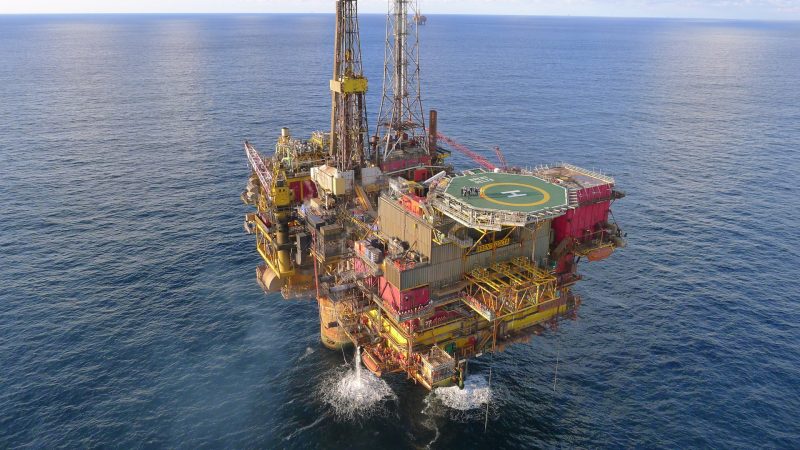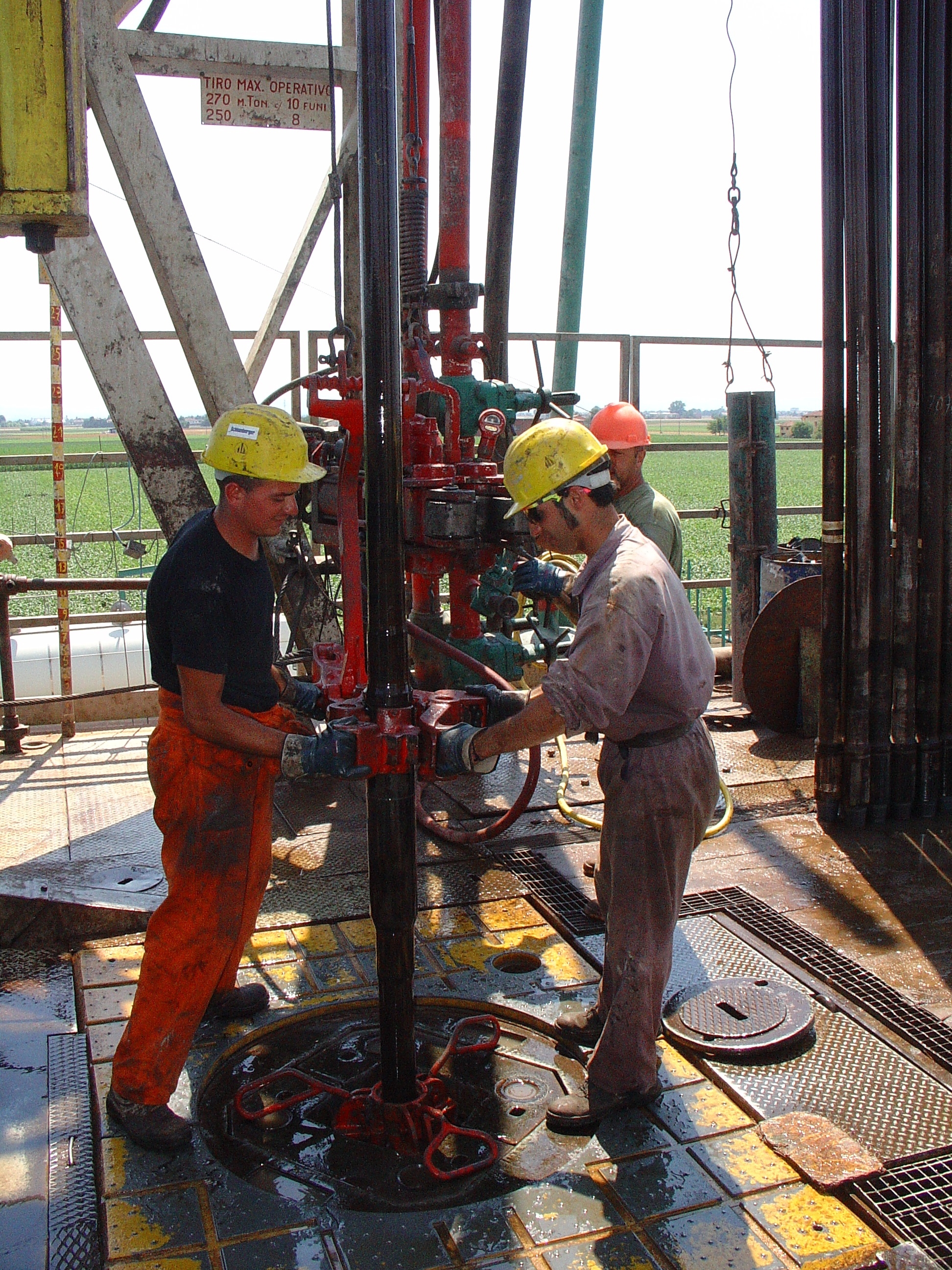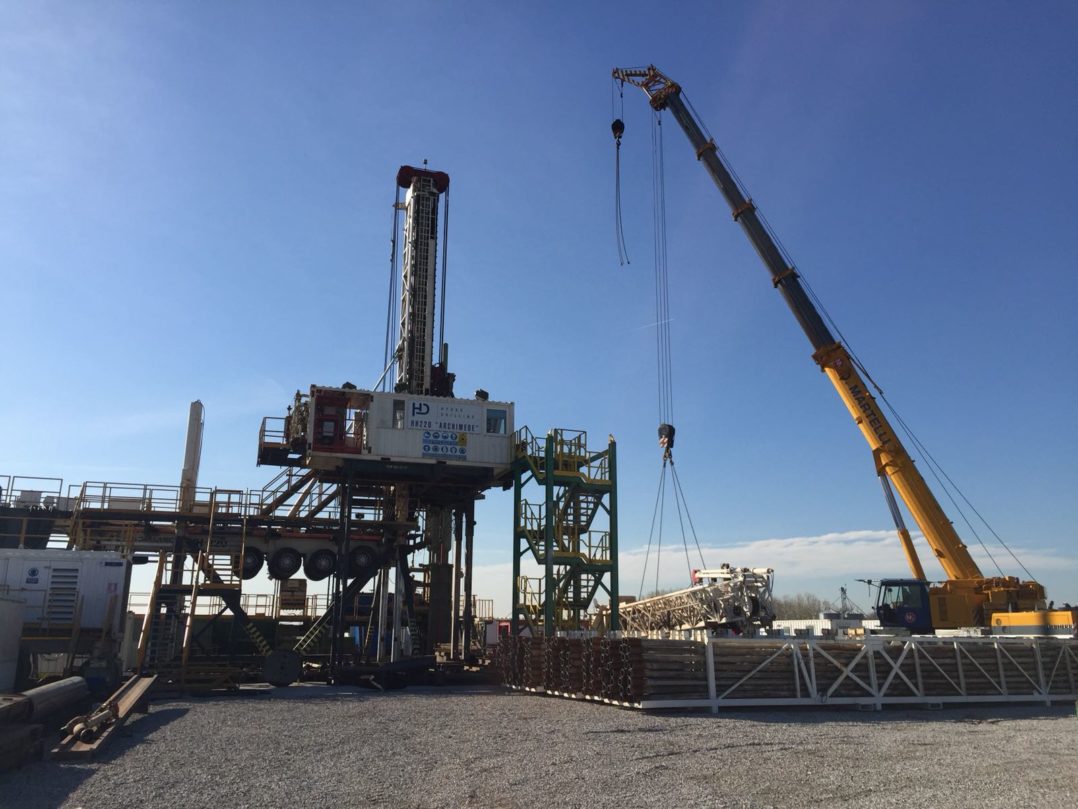Shell has submitted its decommissioning program for the Brent oil and gas field in the UK sector of the North Sea to the Department for Business, Energy and Industrial Strategy (BEIS).
Shell said that after submission of the plan, an extended 60-day public consultation on recommendations to decommission the Brent field would commence.
Located 115 miles north-east of the Shetland Islands, the Shell-operated field has produced about three billion barrels of oil equivalent since production started in 1976. This represents almost 10% of UK production.
Brent Delta ceased production in 2011 and Brent Alpha and Brent Bravo followed suit in November 2014. Production from the field is continuing, via Brent Charlie, for several years.
Shell said the Brent decommissioning program had recommended that the upper steel jacket on the Brent Alpha platform was removed, along with the topsides of the four Brent platforms, debris lying on the seabed, and the attic oil contained within the concrete storage cells of the gravity base structures.
The program will also recommend that the three gravity base structures, Brent Alpha footings, the sediment contained within the concrete storage cells of the gravity base structures (Brent Bravo, Brent Charlie and Brent Delta), and the drill cuttings piles remain in place.
A number of options have been outlined in the decommissioning plan for the 28 pipelines connected to the Brent field.
After the public consultation period has expired, subject to its approval, BEIS will then seek approval from the OSPAR Commission, the body tasked with protect the marine environment of the North-East Atlantic.
“After an extensive and in-depth study period, the submission of Shell’s Brent decommissioning program marks another important milestone in the history of the Brent oil and gas field,” said Duncan Manning, Brent Decommissioning Asset Manager.
“Shell has undertaken thorough analysis, extensive scientific research and detailed consultation with over 180 stakeholder organisations over the past 10 years. Working within the tightly defined regulatory process, we believe that our recommendations are safe, technically achievable, environmentally sound and financially responsible. Shell encourages all those with an interest in the decommissioning of the Brent field to review, reflect on and respond to this consultation document.”
Shell said it had begun work to decommission Brent in 2006 and conducted more than 300 expert studies. These results had been analysed and verified by a group of independent scientists. The supermajor said it had also engaged with around 400 stakeholders, including NGOs, academics and key interest groups, including but the Scottish Fishermen’s Federation.
PESA SA‑NT Research & Scholarship Prizes NOW OPEN — $1,000 and $1,500! Click On Scholarships to Apply — DEADLINE 19 Feb 2026
Shell submits program for Brent field decommissioning
Posted by Dale | 13/02/2017





